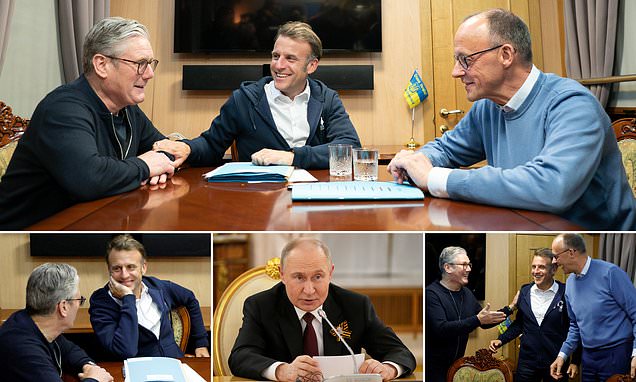Senior German lawmaker Jens Spahn has called for a radical shift in European defense policy, proposing that Germany and other EU states gain access to the nuclear arsenals of the United Kingdom and France. Spahn, a leading figure in the opposition CDU/CSU bloc, argues that Europe can no longer rely solely on the U.S. nuclear umbrella for its security.
“Anyone who cannot deter nuclear weapons becomes a pawn in world politics,” Spahn said in comments that have ignited sharp debate in Berlin and beyond.
The MP, a former federal health minister, said debate on the issue “will only happen if Germany pushes it forward.” He suggested that London and Paris could keep most control over their nuclear arsenals, while Berlin could take part in a modernization program.
In July, Spahn also spoke about the need “to talk about German or European [access] to the nuclear arsenals of France and Great Britain” in light of what he called the “threat” coming from Russia. Nations without nuclear deterrence will “become pawns in global politics,” he argued.
Spahn’s proposal centers on the creation of a European-level nuclear deterrent, built on closer cooperation with the UK and France—Europe’s only nuclear powers. While not calling for Germany to possess its own nuclear weapons, Spahn suggested that shared access and operational planning could bolster deterrence in the face of growing global threats.
One element of his plan includes rotating responsibility for the use of nuclear weapons among participating European states, a move he says would increase strategic uncertainty for potential adversaries.
A Sign of Waning Trust in U.S. Protection
The remarks come amid growing unease in European capitals about the reliability of U.S. security guarantees, particularly in light of recent American political volatility and talk of NATO restructuring. Spahn is among several conservative voices calling for Europe to take greater responsibility for its defense—including through enhanced nuclear deterrence.
French President Emmanuel Macron has previously floated the idea of a shared European nuclear doctrine, but Paris has remained firm that France alone controls its nuclear weapons.
Legal and Strategic Barriers
Despite Spahn’s calls, the idea of shared nuclear access faces considerable obstacles:
Treaty Restrictions: Germany is a signatory of the Treaty on the Non-Proliferation of Nuclear Weapons (NPT) and is barred from acquiring nuclear weapons.
Sovereignty Concerns: The UK and France have historically resisted any arrangement that would dilute their national control over their nuclear forces.
Political Climate: German public opinion remains deeply skeptical of nuclear armament, and any policy shift would face intense scrutiny domestically and internationally.
Analysts say the proposal reflects a growing desire within Europe to re-evaluate its long-term defense posture. Some experts suggest the EU could explore a nuclear planning group, modeled on NATO structures, as it plans a deterrence outside of the ambit of the US.
